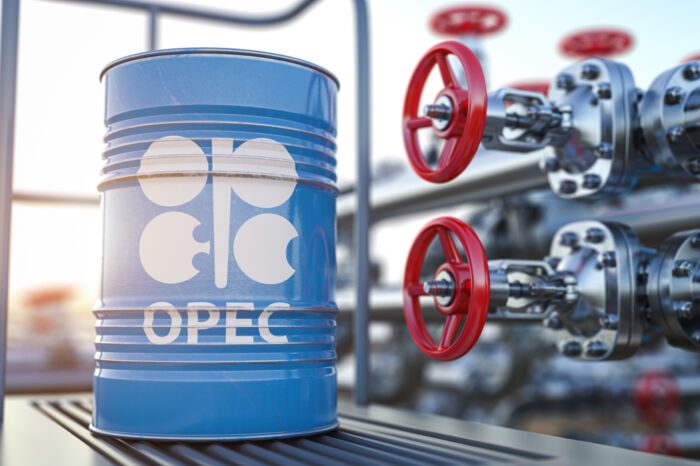At the last meeting held earlier this month, the group announced a plan to increase overall production for July and August. The production increase was planned to be 648,000 barrels per day. On today’s call, those plans were confirmed and no further changes will happen.
Already, this was a move that was welcomed by US President Joe Biden, who had previously pressed the group for an increase in capacity.
Read also: Australia is experiencing an energy crisis
Oil is being addressed globally, but the uncertainty is felt most acutely in Europe, which is looking at all possible alternatives in an attempt to wean itself off Russian imports.
What about spare capacity?
OPEC and its allies are struggling to increase production to agreed levels. This is due to insufficient investment in drilling and exploration in some member countries. This shortfall in production is one of the reasons why oil has become so much more expensive this year.
Shell CEO Ben van Beurden commented on the situation.
“We are seeing an ever-tighter oil and gas market emerging – and we are feeling that right now. I think it is probably fair to say there is a little bit of a fear factor in the oil price at the moment but by and large, it is also true that there is limited spare capacity.”
Prices this year have reached their highest level since 2008. In March, a barrel of North Sea Brent crude climbed above $139 a barrel when the United States and Europe imposed sanctions on Russia for its invasion of Ukraine. Prices remain above $115 a barrel even now, mainly because of supply constraints and concerns that OPEC does not have much capacity to increase production quickly. Analysts say this fear outweighs concerns about an economic downturn.











Comments
Post has no comment yet.